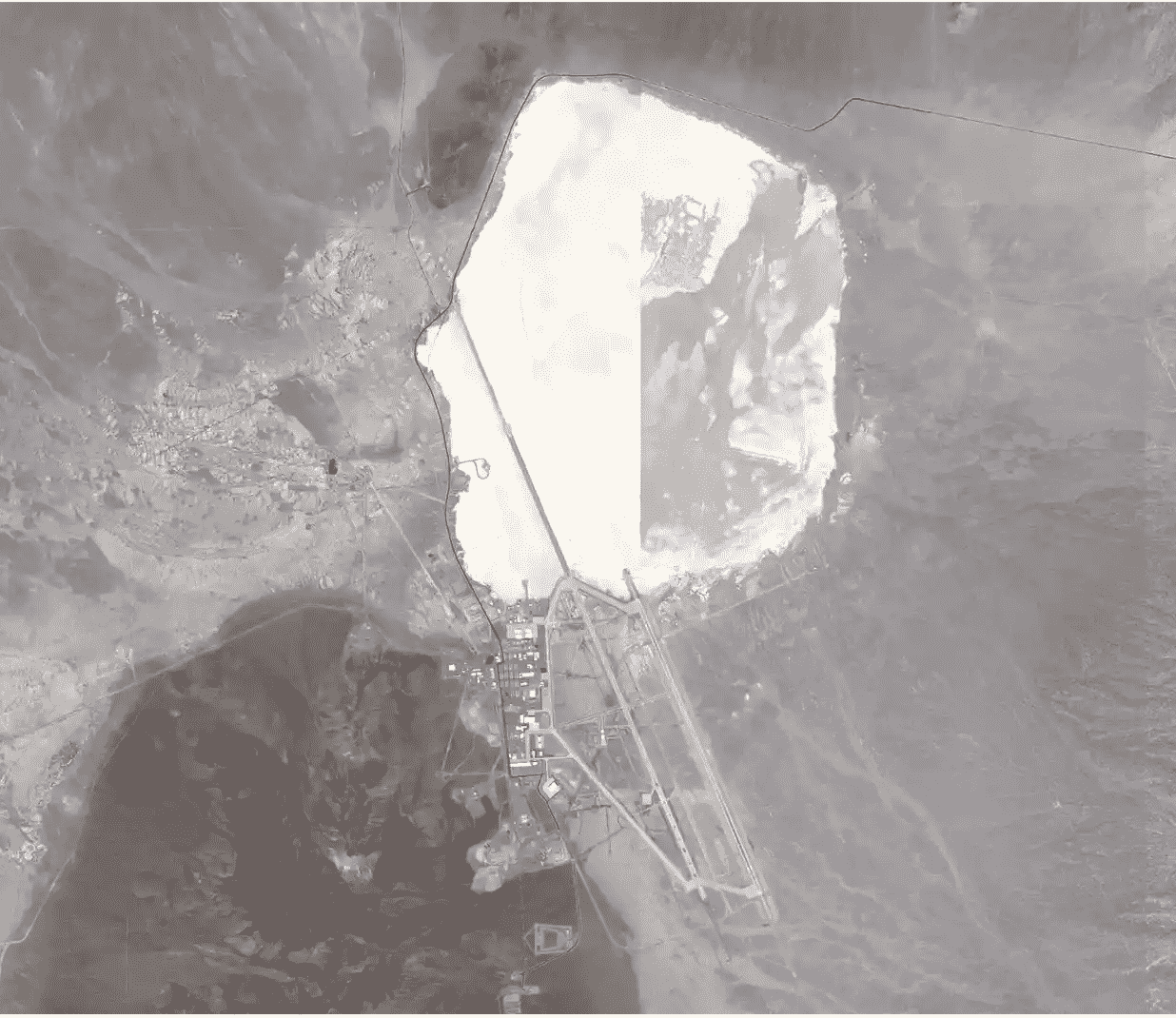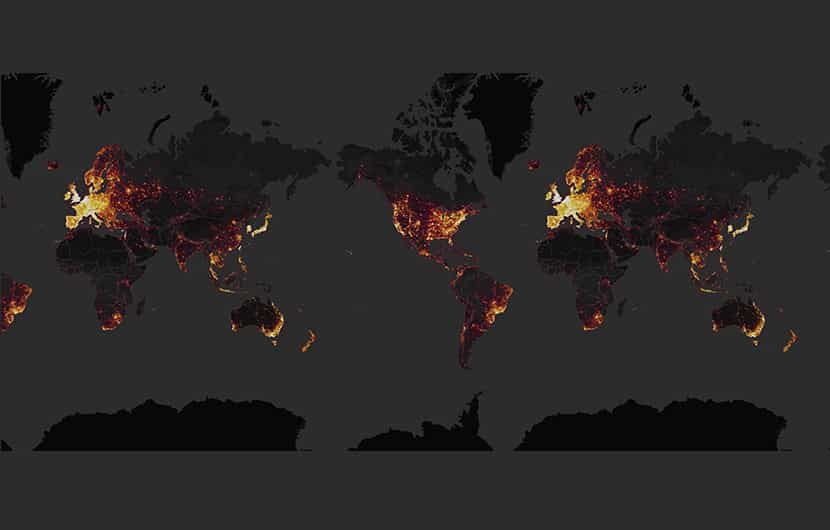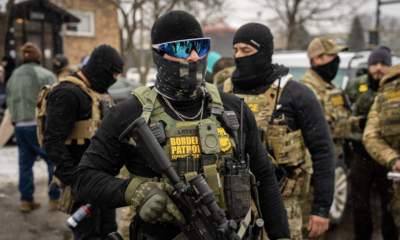Tech Plunge
Strava Heatmap Turns on the Heat: 2018 is going to be a tough year for Tech Companies!
Strava heatmap lights up users across continents, which is a great PR exercise. But in the process somehow pinpointed US secret military bases.
November 2017 saw Strava, a fitness tracking company, release a map of users sharing all sort of data including user spread across the world, running places etc. However, the only issue that may not have been an issue at the time of release was the visual map based on user location data.
This heat map shines up users across continents using Strava to the fullest, which is a great PR exercise. But in the process somehow pinpointed US secret military bases, their location, layout thanks to the ever fit Strava using soldiers.

Area 51 on Strava Heatmap
It may sound funny, but at the same time, this is a serious matter and a possible breach in the making. Strava CEO James Quarles in a statement said “Many team members at Strava and in our community, including me, have family members in the armed forces. Please know that we are taking this matter seriously and understand our responsibility related to the data you share with us.”
These issues have been highlighted by many over the years with IoT devices growing its tentacles, the ever more connected lives and devices running location services and sharing data both knowingly or unknowingly. This is the same debate all over again where a search engine like Google won’t take accountability and merely blame offensive content to be user-generated content. In this case, Strava too is bound to blame it on the user who has been projecting and relaying his or her location. So basically it’s you who is compromising your privacy?
Strava CEO James Quarles in a statement did just that “Our heatmap provides a visualisation of activities around the world, and many of you use it to find places to be active in your hometown or when you travel. In building it, we respected activity and profile privacy selections, including the ability to opt out of heatmaps altogether.”

On Strava HeatMap – Helmand province in Afghanistan
With privacy so dear to people and all sort of debates happening in a country like India. Many are calling UIDAI’s Aadhar or UID liking to everything from banks, telephones, financial services, public records, government benefits etc. a mass surveillance attempt by the Government. People cant and don’t want even to trust their governments. Have you ever imagined the power these tech companies have on us?
Just imagine what you might be doing to your privacy by relaying your location willfully, movement in real-time. With device manufacturers and APP developers coming from various parts of the world from countries who are friendly to those who aren’t. Cant this be a brilliant tool just to tap in and track? An Indian Soldier? Scientist? Key Functionary? Imagine enemies of the state monitoring all this while people are just trying to be fit and just don’t understand how location services work.
With social media’s unlimited potential both for good and bad, most organisations came up with a social media policy implemented in each institution preventing people to relaying confidential or sensitive data on social networks but probably now the time has come to rewrite that policy including a range of devices and APPs.
Companies like Blackberry are bound to be delighted to hear this debate as they happen to be one of those companies who has been proactively working on these issues. With smartphone advertising becoming about the camera they house, there seems to be no focus on the real features nor the demand for the same. It is a breath of fresh air to see Blackberry try to advertise and sell their devices with privacy and security architecture like DTEK in the forefront.
But are we listening? Or we are just sitting ducks waiting for the unthinkable but very much possible to happen.






































